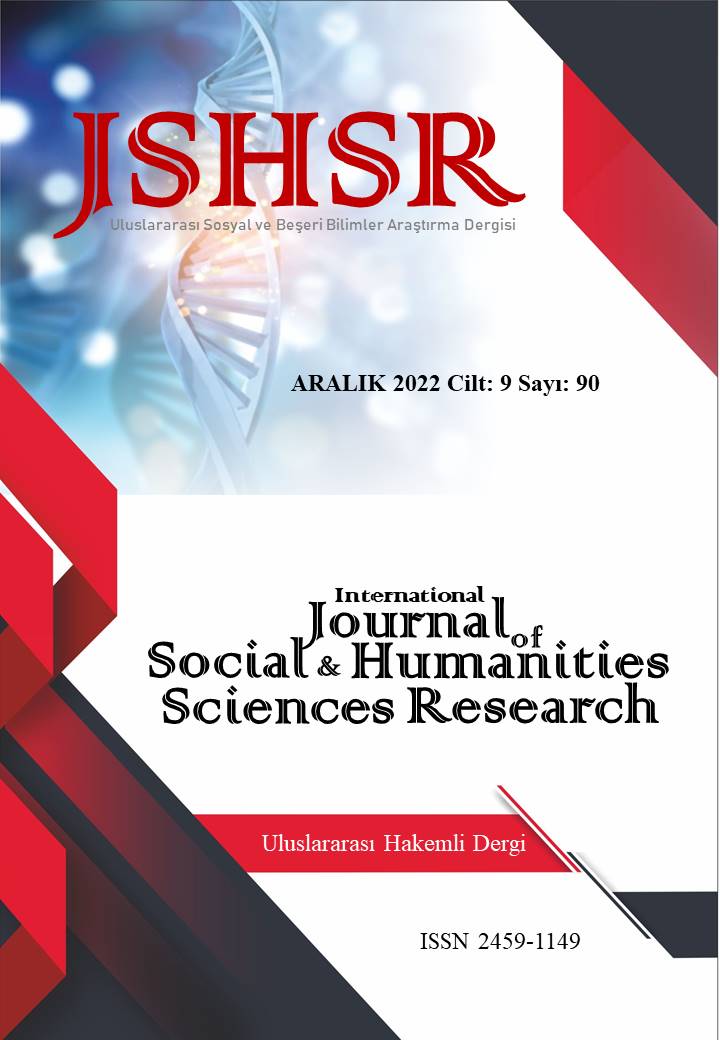AGRICULTURE COMMUNICATION COURSE; UNDERGRADUATE CURRICULUM DEVELOPMENT PROPOSAL
DOI:
https://doi.org/10.26450/jshsr.3410Keywords:
Agriculture Communication, curriculum development, focus group work, structural functionalist approachAbstract
The aim of this study is to present a suggestion about how the field of agricultural communication emerged with the field of communication, and what the content of the undergraduate course could be by examining the international examples of the field. “Agriculture communication” is a field that focuses on communication about agriculture-related information between agriculture-related stakeholders, which is naturally part of both the “agriculture” and “communications” literature. Reshaping the field seen in practice with the title of Agricultural Extension and Communication in Turkey with the current techniques and dynamic structure of communication and handling it with the knowledge and techniques of the field of communication are interpreted as agricultural communication. This study was carried out with the concern of the applicability of this field, conceptualized as Agricultural Communication in the World, at the associate, undergraduate, and graduate levels, with a structural functionalist approach in agriculture education and how agricultural communicators should be trained in this field. The aim is to find out how agricultural communication education can be experienced in today's educational conditions. For this purpose, a focus group study was conducted on the Agricultural Communication curriculum. In parallel with the learning outcomes created with this focus group, the course content was put into practice. This study includes the construction of the Agriculture communication course, which aims to connect two deep-rooted fields effectively as a discipline.
Downloads
Published
How to Cite
Issue
Section
License
Copyright (c) 2022 INTERNATIONAL JOURNAL OF SOCIAL HUMANITIES SCIENCES RESEARCH

This work is licensed under a Creative Commons Attribution 4.0 International License.


